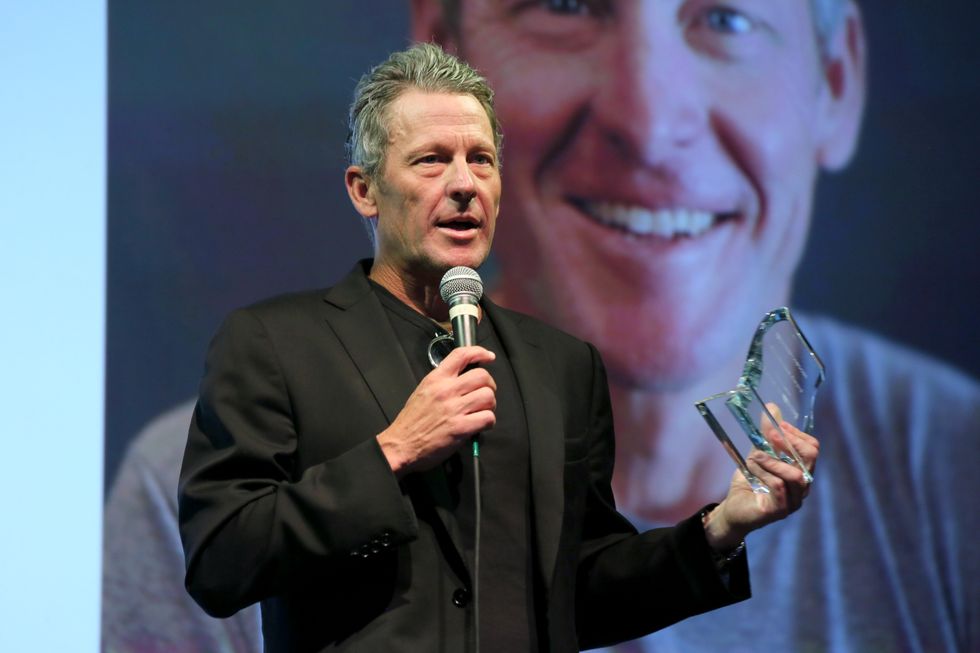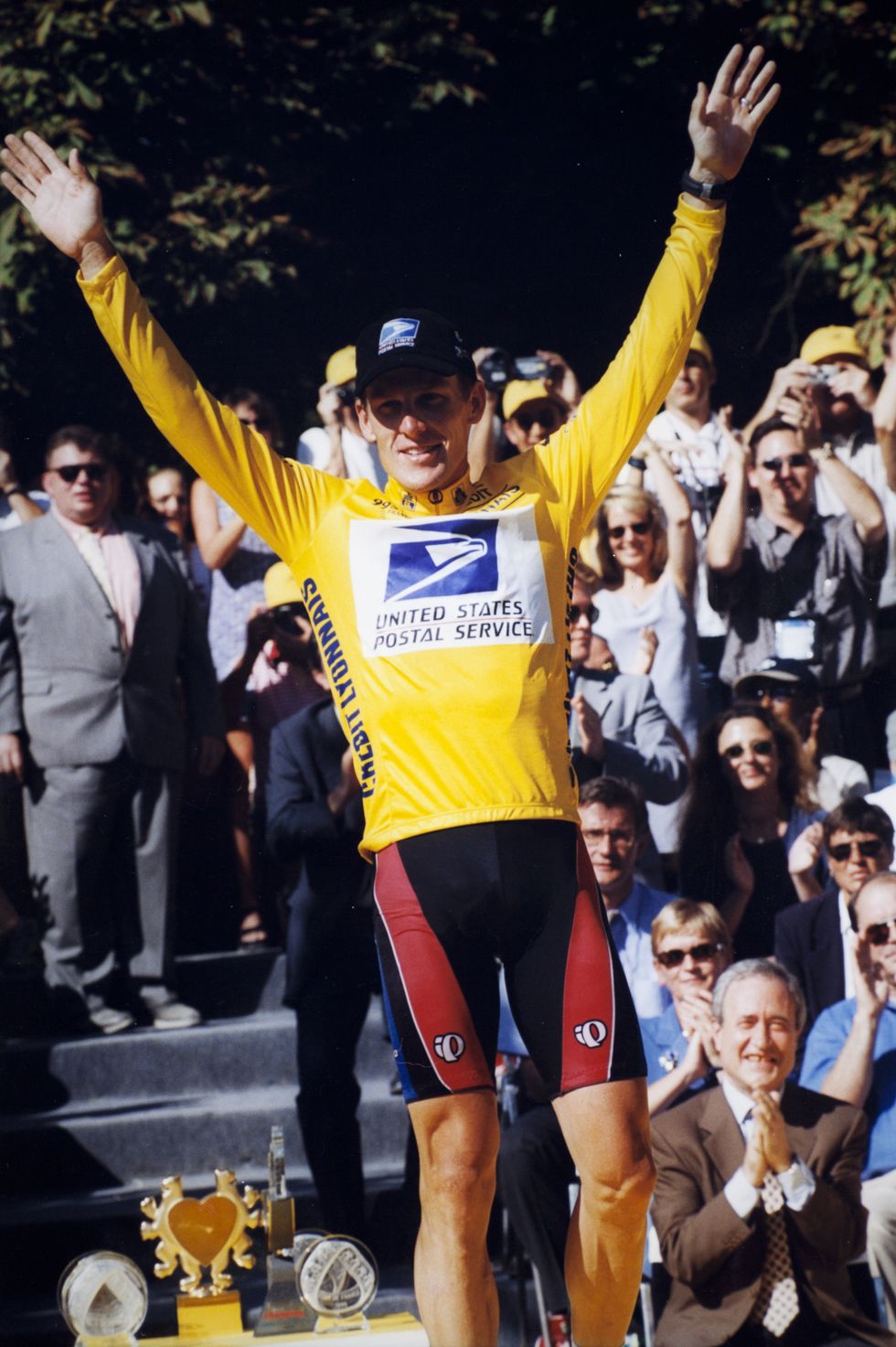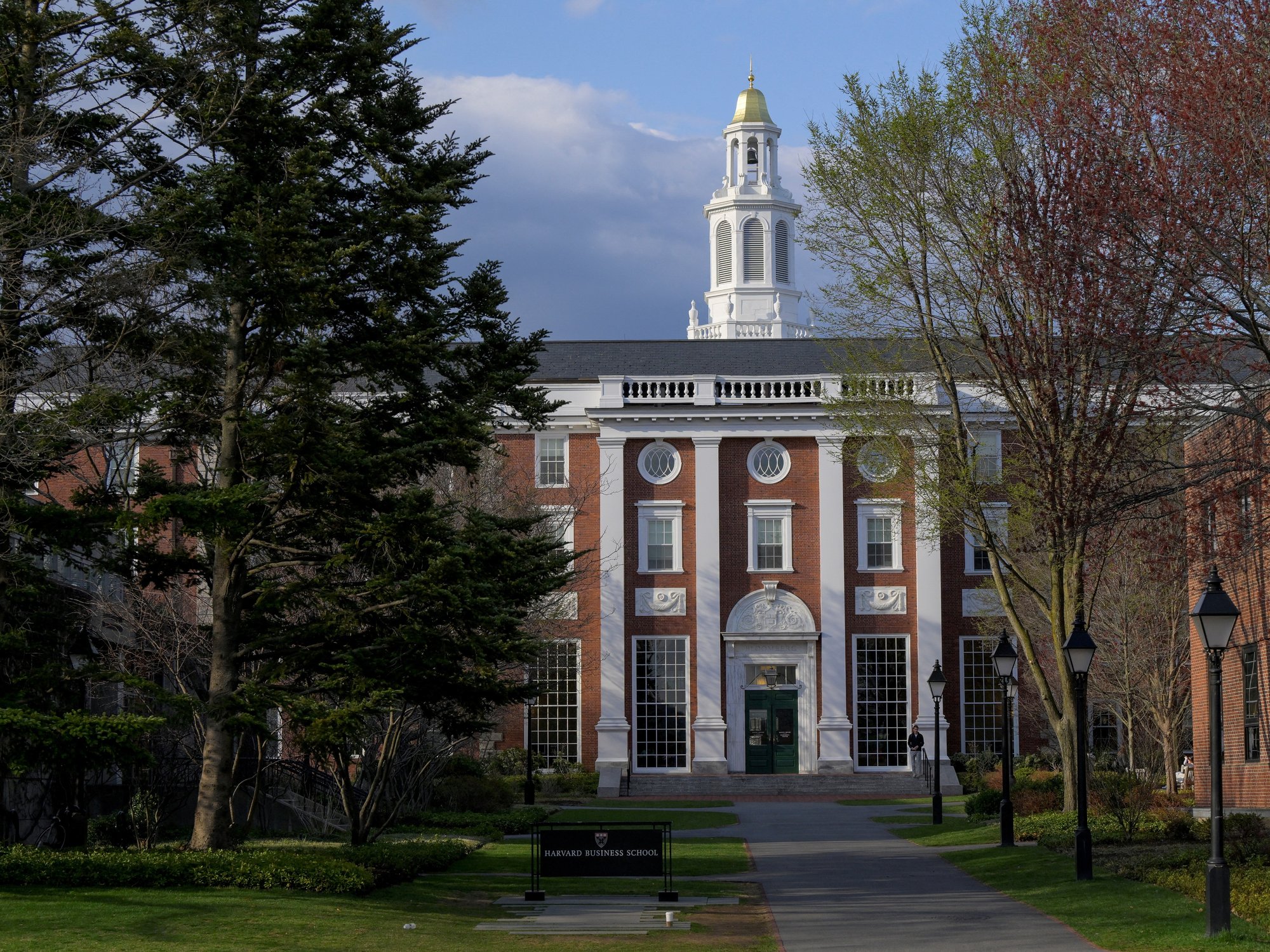Lance Armstrong says he was tested over 500 times as cycling cheat discusses methods used to escape detection
WATCH NOW: Paul Coyte sports round-up 15/12/23
|
The American won seven Tour de France titles between 1999 and 2005
Don't Miss
Most Read
Lance Armstrong has opened up on being tested 500 times and how he was able to avoid detection as a drugs cheat.
For many years, the 52-year-old was considered one of the greatest athletes of his generation.
However, in 2012, it emerged that Armstrong had been frequently doping during the course of his career.
The seven-time Tour de France winner was discovered to have been using performance enhancers after a USADA investigation based on historic blood samples.

Lance Armstrong has opened up on cheating in cycling and how he was able to avoid detection
|GETTY
At the time, USADA said Armstrong had led the 'most sophisticated, professionalised and successful doping programme that sport has ever seen'.
Initially, the veteran protested his innocence.
Yet he did not fight the allegations and, in January 2013, he finally admitted he had been involved in doping.
Now, years on, Armstrong has revealed he was tested over 500 times during the course of his career.
And he's opened up on how he was able to avoid detection.
Speaking to the Club Random podcast with Bill Maher, he said: "In a sense, you would frustrate the system, but what I always said - and I'm not trying to justify what I said as something I would want to repeat again - but one of the sentences was: 'I have been tested 500 times and I have never failed a doping control'.
"That's not a lie. It's the truth.
"There was no way to avoid the control. When I peed in the cup and they analysed the pee in the cup, it happened."
He continued: "The reality and truth of all this is that some of these substances, especially the most beneficial, have a half-life of four hours.
"So certain substances, whether it's cannabis or anabolics, or whatever, have much longer half-lives.
"You could smoke that joint and go to work driving your tractor... in two weeks and test positive, because the half-life is much longer."
Armstrong admitted to blood doping, which involves using illegal products and methods to enhance the bodies ability to carry oxygen to muscles.
The use of Erythropoietin in cycling gives competitors an advantage of their competitors.
Explaining the impact EPO had, Armstrong added: "With EPO, which was the rocket fuel that changed not only our sport, but all endurance sports, you have a half-life of four hours, so it leaves the body very quickly.
"I don't want to encourage anyone to do something they don't have to do.

Lance Armstrong won seven Tour de France titles during his career
|GETTY
"The truth is that you had a drug that was undetectable, that was tremendously beneficial for performance and recovery.
"Both are important, but especially for performance... And, as we were led to believe, which I do not disagree with, if taken under the care of a doctor it was safe."
Meanwhile, earlier in the year, Armstrong attracted controversy for his views on trans athletes.
The former cyclist doesn't think biological males should be permitted to compete against biological women.
Addressing the controversy in July, Armstrong then defended his stance.
LATEST SPORTS NEWS:
- Outrage as transgender athlete becomes first biological male to become world champion in a women's sport
- Michael Schumacher news: Two grave errors, heartbreaking statement and emotional regret after new documentary
- BBC meeting notes demanded by British athlete as Sports Personality of the Year controversy escalates
“Have we really come to a time and place where spirited debate is not only frowned upon, but feared?" he said.
“Where people’s greatest concern is being fired, shamed, or cancelled?
"As someone all too familiar with this phenomenon, I feel I’m uniquely positioned to have these conversations.
“Of all the controversial and polarising subjects out there today, I’m not sure there are any as heated as the topic of Trans athletes in sport.
“Is there not a world in which one can be supportive of the transgender community and curious about the fairness of Trans athletes in sport yet not be labelled a transphobe or a bigot as we ask questions? "Do we yet know the answers? And do we even want to know the answers?”











